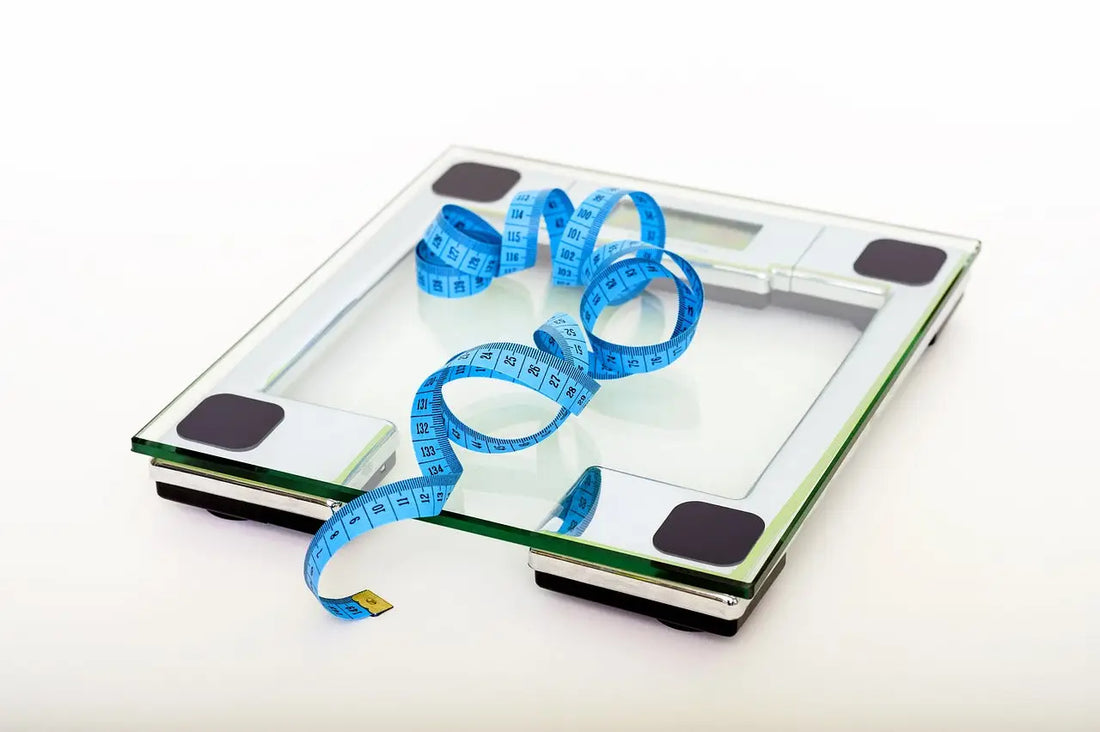
How Accurate are Your Home Scales and How to Know Your True Weight?
Share
How accurate are your home scales and how to know your true weight?
When it comes to tracking weight, most people rely on home scales as a convenient tool. But how precise are the results you’re seeing? Understanding scale accuracy is critical if you want to know your true weight and keep track of changes over time. In this article, we dive deeper into what affects your scale’s accuracy and provide helpful strategies so you can confidently measure your progress.
Understanding Home Scales
Home scales are designed to be an accessible and convenient way to monitor fluctuations in body weight right at home. Typically, these devices use load sensors or strain gauges to detect the force placed upon them when you step onto the scale, converting that force into a numerical weight reading displayed for you. Many digital home scales now also come with added features, such as body fat analysis, memory storage, or bluetooth connectivity, which can make tracking your health metrics even easier over time.
Despite these advancements, not all home scales offer the same level of precision. The accuracy of your home scale depends on several factors:
How to Determine Scale Accuracy
If you’re curious whether your home scale is providing accurate weight data, there are some straightforward ways to check:
Tips for Accurate Weight Measurement
To get the most dependable and accurate weight readings at home, consider the following best practices:
Conclusion
While home scales are a convenient tool for monitoring your weight, their accuracy can vary depending on both the device and how it's used. Understanding the features and benefits of reliable home scales, along with adopting good habits for measurement, helps you track your weight more precisely. By choosing quality equipment and following these best practices, you gain a clearer view of your actual progress. For medical concerns or if you need an exact measurement, consult a healthcare professional who can provide guidance using calibrated professional equipment.